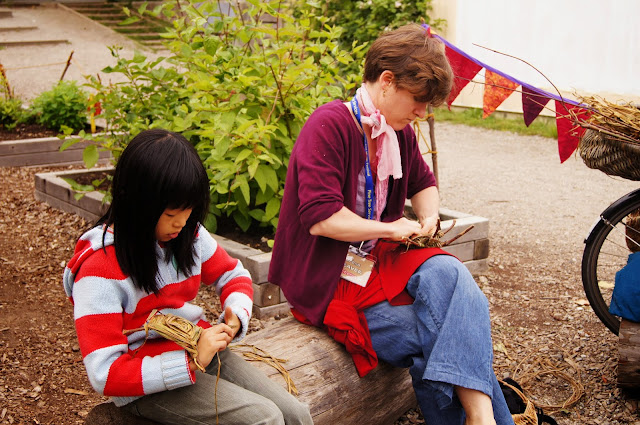Popular Posts
-
On Saturday, May 2nd, 2015, Tourism Richmond, the Steveston Historical Society and Canada Post celebrated the 125th anniversary of the Ste...
-
Avocados From Mexico 's Avoshowdown cooking competition returned last Sunday, April 10th, at the Northwest Culinary Academy on Mai...
-
Winding down on my Montreal trip now. This was the last full day W and I spent in Montreal and we planned to spend the morning of it hikin...
-
Chinese Bites has started a new VIP Program this year and I invited to try out Firebird Cafe with Seapotato from Savvy Shopping, Deals ...
-
Take me out to the ball game, take me out with the crowd! On Monday, I was invited with a bunch of other food bloggers to participate in c...

















































